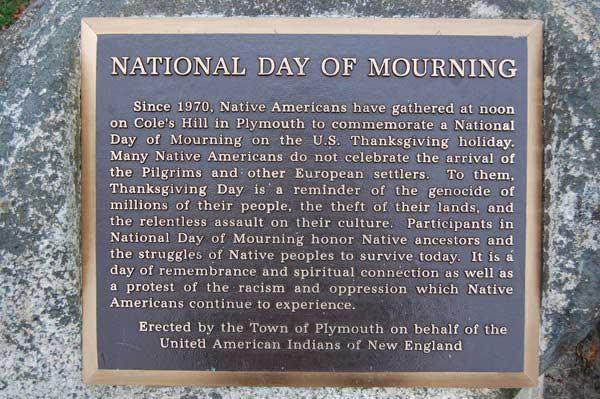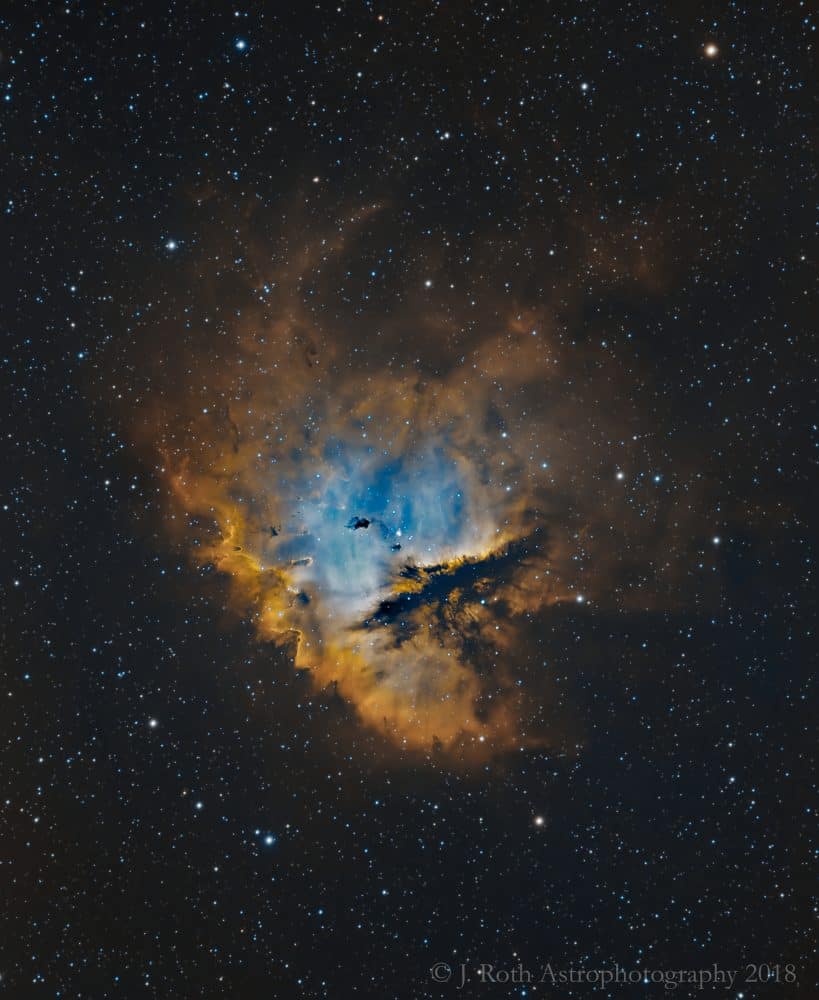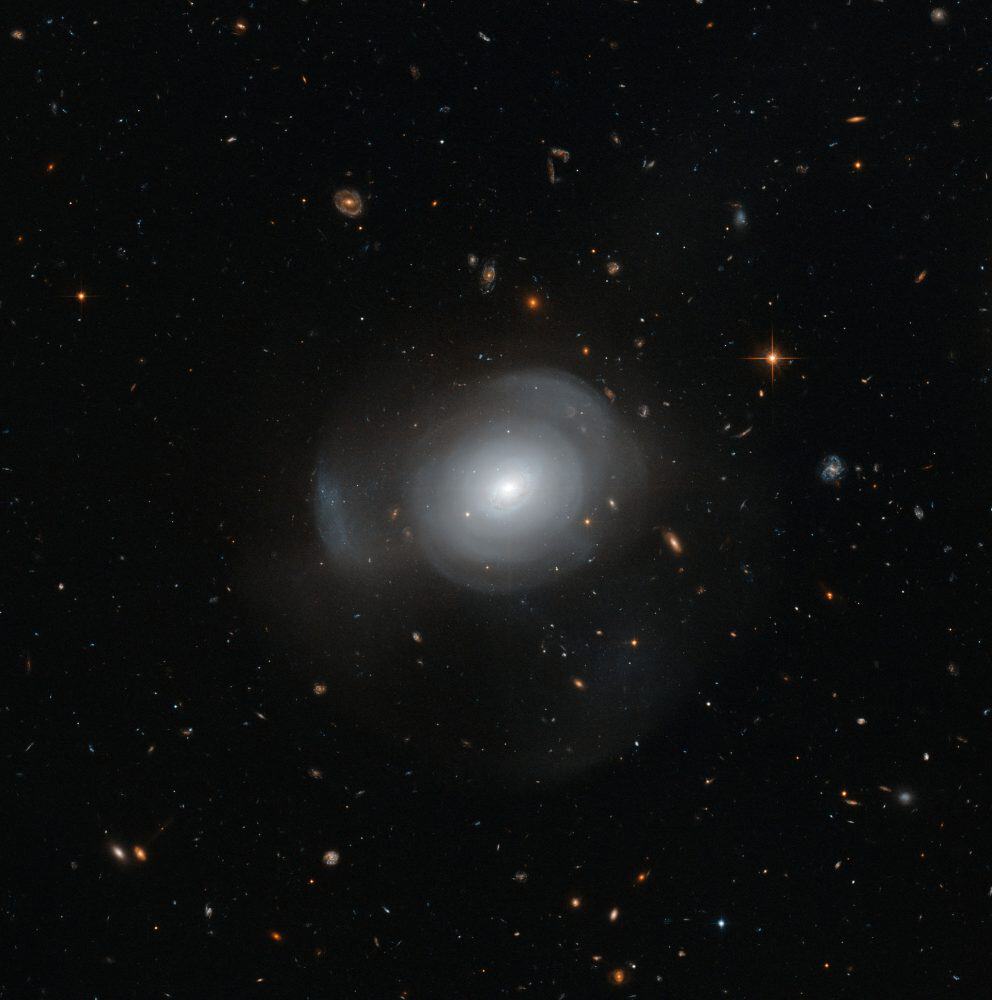Blog
Wild Bill Davis (November 24, 1918 – August 17, 1995) was the stage name of American jazz pianist, organist, and arranger William Strethen Davis.
Davis was born in Glasgow, Missouri. He is best known for his pioneering jazz electronic organ recordings and for his tenure with the Tympany Five, the backing group for Louis Jordan. Prior to the emergence of Jimmy Smith in 1956, Davis (whom Smith had reportedly first seen playing organ in the 1930s) was the pacesetter among organists.
Davis originally played guitar and wrote arrangements for Milt Larkin‘s Texas-based big band during 1939–1942, a band which included Arnett Cobb, Illinois Jacquet, and Tom Archia on horns. After leaving the Larkin orchestra, Davis worked in Chicago as a pianist, recording with Buster Bennett in 1945. He played a crucial role as the pianist-arranger in Jordan’s Tympany Five (1945–1947) at the peak of their success. After leaving Jordan, he returned to Chicago for a time, recording again with Buster Bennett and working with Claude McLin. After switching from piano to organ, Davis moved to the East Coast. In 1950, he began leading an influential trio of organ, guitar, and drums, which recorded for OKeh Records.
more...Scott Joplin (c. 1867/68 or November 24, 1868 – April 1, 1917) was an African-American composer and pianist. Joplin achieved fame for his ragtimecompositions and was dubbed the “King of Ragtime”. During his brief career, he wrote 44 original ragtime pieces, one ragtime ballet, and two operas. One of his first and most popular pieces, the “Maple Leaf Rag“, became ragtime’s first and most influential hit, and has been recognized as the archetypal rag.
Joplin was born into a musical family of railway laborers in Texarkana, Arkansas, and developed his musical knowledge with the help of local teachers. He grew up in Texarkana, Texas, where he formed a vocal quartet, and taught mandolin and guitar. During the late 1880s he left his job as a railroad laborer and travelled the American South as an itinerant musician. He went to Chicago for the World’s Fair of 1893, which played a major part in making ragtime a national craze by 1897.
more...Madagascar
more...Rhythm Roots Workshop Friday November 23rd 2018 10am-noon
Drumming workshop for the Developmentally Disabled community. Getting down to the boogie woogie.
Ally People Solutions Midway Location St Paul
Born of a parent’s heart, Ally People Solutions is building on the wonderful legacy of its founders, never forgetting the mission to see each person as a unique individual worthy of respect and deserving opportunities to live life to the fullest.
more...The cluster is surrounded by clouds of interstellar gas and dust – the raw material for new star formation. The nebula, located 20,000 light-years away in the constellation Carina, contains a central cluster of huge, hot stars, called NGC 3603.
Appearing colorful and serene, this environment is anything but. Ultraviolet radiation and violent stellar winds have blown out an enormous cavity in the gas and dust enveloping the cluster. Most of the stars in the cluster were born around the same time but differ in size, mass, temperature and color. The course of a star’s life is determined by its mass, so a cluster of a given age will contain stars in various stages of their lives, giving an opportunity for detailed analyses of stellar life cycles. NGC 3603 also contains some of the most massive stars known. These huge stars live fast and die young, burning through their hydrogen fuel quickly and ultimately ending their lives in supernova explosions.
Star clusters like NGC 3603 provide important clues to understanding the origin of massive star formation in the early, distant universe. Astronomers also use massive clusters to study distant starbursts that occur when galaxies collide, igniting a flurry of star formation. The proximity of NGC 3603 makes it an excellent lab for studying such distant and momentous events.
This Hubble Space Telescope image was captured in August 2009 and December 2009 with the Wide Field Camera 3 in both visible and infrared light, which trace the glow of sulfur, hydrogen, and iron.
NGC 3603 is a nebula situated in the Carina spiral arm of the Milky Way around 20,000 light-years away from the Solar System. It is a massive HII region containing a very compact open cluster (probably a super star cluster) HD 97950.
more...Robert Lee Burnside (November 23, 1926 – September 1, 2005) was an American blues singer, songwriter, and guitarist. He played music for much of his life but received little recognition before the early 1990s. In the latter half of the decade, Burnside recorded and toured with Jon Spencer, garnering crossover appeal and introducing his music to a new fan base in the punk and garage rock scene.
Burnside was born in 1926 to Earnest Burnside and Josie, in either Harmontown, College Hill, or Blackwater Creek, all of which are in the rural part of Lafayette County, Mississippi, close to the area that would be covered by Sardis Lake a few years later.
more...Ray Drummond (born November 23, 1946 in Brookline, Massachusetts) is a jazz bassist and teacher. He also has an MBA from Stanford University, hence his linkage to the Stanford Jazz Workshop. He can be heard on hundreds of albums and co-leads The Drummonds with Renee Rosnes and (not related) Billy Drummond.
Drummond has been a resident of Teaneck, New Jersey, since 1980 with his wife, Susan, and his daughter, Maya.
He is the elder brother of David Drummond, senior vice president, corporate development and chief legal officer of Google Inc.
more...Gloria Lynne (born Gloria Wilson; November 23, 1929 – October 15, 2013), also known as Gloria Alleyne, was an American jazz vocalist with a recording career spanning from 1958 to 2007.
Lynne was born in Harlem in 1929 to John and Mary Wilson, a gospel singer
In the 1960s, she had several hits including “June Night”, “Love I Found You”, “I’m Glad There Is You“, 1964’s “I Wish You Love“, which became her signature song, and “You Don’t Have To Be a Tower of Strength”, her answer to Gene McDaniels‘s “Tower of Strength” and a pop hit that proved how versatile she could be in the studio. After her time with Everest Records, she moved back to Fontana and recorded such albums as Soul Serenade, Love And A Woman, Where It’s At, and Here, There And Everywhere, demonstrating her versatility in jazz, RnB, soul and melodic “pop.”
During her earlier years on the road, Lynne shared bills with RnB, jazz, traditional pop music, and pop singers including Ray Charles, Billy Eckstine, Johnny Mathis and Ella Fitzgerald. TV specials include two with Harry Belafonte and duets with Billy Eckstine. As Lynne moved into jazz in her later career she performed with many jazz musicians, including Quincy Jones, Bobby Timmons, Philly Joe Jones, Harry “Sweets” Edison.
more...World Music on Flamenco Fridays with CAMARON DE LA ISLA PACO DE LUCIA & TOMATITO EN EL AÑO performing Bulerias.
“Loco Mateo” was the first performer of this style, finishing his “soleares or soleás” with “bulerías”. Hence “bulería” results from “solea”. It was originated in the late 19th century. In “Sinfonía Virtual” magazine Guillermo Castro documented that the term “bulería” was used for the first time in the 17th century, but it didn’t acquire its flamenco meaning until the early 20th century. It was earlier believed that the first appearance of this style came up with the painting of José García Ramos “Baile por bulerías” (1884), preserved in the Museum of Fine Arts of Seville. Currently, it’s widely known that this paiting had other titles previously such as “Tango“, “Bailarina” or “El Baile”. It was not until second half of the XX century that it adopted the name “Baile por Bulerías”.
The most flamenco “bulerías” are in Phrygian mode (with the I chord mutation that becomes Major perfect, often combining melodic and harmonic turns on the I and VI).
more...Let us honor our First Nation People today on this Thanksgiving. Especially the Wall of Forgotten Natives homeless encampment in Minneapolis. I pray one day the world will honor All People Equally, with every individual receiving the basic needs of survival and respect as Human Beings at birth; Food, Shelter, Education and Sustainability in a loving and nurturing Mother Earth.
The National Day of Mourning is an annual protest organized since 1970 by Native Americans of New England on the fourth Thursday of November, the same day as Thanksgiving in the United States. It coincides with an unrelated similar protest, Unthanksgiving Day, held on the West Coast.
The organizers consider the national holiday of Thanksgiving Day as a reminder of the democide and continued suffering of the Native American peoples. Participants in the National Day of Mourning honor Native ancestors and the struggles of Native peoples to survive today. They want to educate Americans about history. The event was organized in a period of Native American activism and general cultural protests. The protest is organized by the United American Indians of New England (UAINE). Since it was first organized, social changes have resulted in major revisions to the portrayal of United States history, the government’s and settlers’ relations with Native American peoples, and renewed appreciation for Native American culture.
more...Look through the cosmic cloud cataloged as NGC 281 and you might miss the stars of open cluster IC 1590. Still, formed within the nebula that cluster’s young, massive stars ultimately power the pervasive nebular glow. The eye-catching shapes looming in this portrait of NGC 281 are sculpted dusty columns and dense Bok globules seen in silhouette, eroded by intense, energetic winds and radiation from the hot cluster stars. If they survive long enough, the dusty structures could also be sites of future star formation. Playfully called the Pacman Nebula because of its overall shape, NGC 281 is about 10,000 light-years away in the constellationCassiopeia. This sharp composite image was made through narrow-band filters. It combines emission from the nebula’s hydrogen and oxygen atoms to synthesize red, green, and blue colors. The scene spans well over 80 light-years at the estimated distance of NGC 281.
more...James Minter Knepper (November 22, 1927 – June 14, 2003) was an American jazz trombonist. In addition to his own recordings as leader, Knepper performed and recorded with Charlie Barnet, Woody Herman, Claude Thornhill, Stan Kenton, Benny Goodman, Gil Evans, Thad Jones & Mel Lewis, Toshiko Akiyoshi & Lew Tabackin, and, most famously, Charles Mingus in the late 1950s and early 1960s. Knepper died in 2003 of complications of Parkinson’s disease.
Knepper was born in Los Angeles, California.
While he was playing Funny Girl, he became a member of the Thad Jones/Mel Lewis Orchestra, a big band formed by trumpeter Thad Jones and drummer Mel Lewis around 1965, which began the 40-year tradition of Monday night jazz shows at the Village Vanguard in NYC’s Greenwich Village. The band performed for twelve years in its original incarnation, but since the death of Lewis in 1990 it has been known as the Vanguard Jazz Orchestra. They have maintained a Monday-night residency at the Village Vanguard for four decades. Knepper again toured the USSR, this time with TJML, as well as Japan and Europe with them, and appeared with them at the Montreux Jazz Festival in 1974.
In 1969, he toured and recorded “You Never Know Who Your Friends Are”, with keyboardist Al Kooper, in the jazz period which followed his departure from Blood, Sweat & Tears. Jimmy appeared on this concert tour which included shows at the Philadelphia Spectrum, and in Atlanta, where he briefly met Janis Joplin.
more...Hoagland Howard “Hoagy” Carmichael (November 22, 1899 – December 27, 1981) was an American composer, pianist, singer, actor, and bandleader. American composer and author Alec Wilder described Carmichael as the “most talented, inventive, sophisticated and jazz-oriented of all the great craftsmen” of pop songs in the first half of the twentieth century.[2] Carmichael was one of the most successful Tin Pan Alley songwriters of the 1930s, and was among the first singer-songwriters in the age of mass media to utilize new communication technologies, such as television and the use of electronic microphones and sound recordings.
Carmichael composed several hundred songs, including fifty that achieved hit record status. He is best known for composing the music for “Stardust“, “Georgia on My Mind” (lyrics by Stuart Gorrell), “The Nearness of You“, and “Heart and Soul” (in collaboration with lyricist Frank Loesser), four of the most-recorded American songs of all time.[3] He also collaborated with lyricist Johnny Mercer on “Lazybones” and “Skylark.” Carmichael’s “Ole Buttermilk Sky” was an Academy Award nominee in 1946 (from Canyon Passage, in which he co-starred as a musician riding a mule); “In the Cool, Cool, Cool of the Evening,” with lyrics by Mercer, won the Academy Award for Best Original Song in 1951. Carmichael also appeared as a character actor and musical performer in 14 motion pictures, hosted three musical-variety radio programs, performed on television, and wrote two autobiographies.
Born in Bloomington, Indiana, on November 22, 1899, Hoagland Howard “Hoagy” Carmichael was the first child and only son of Howard Clyde and Lida Mary (Robison) Carmichael.
more...PGC 6240, also known as AM 0139-655 or the White Rose Galaxy, is a very large and old galaxy in the southern constellation of Hydrus, about 345 million light years away from Earth.
Appearing like a white rose in the sky, the galaxy has foggy shells of stars that rotate around a luminous center with few shells lying close to it while others at a distance. Those distant from the center appear disconnected from the white rose.
The age of globular clusters in this galaxy is variable. They include a population of relatively young globular clusters around 400 million years old, another group of older ones around 1 billion years old, and other ones even older than that. The ages of the younger two align with the ages of the shells around the galaxy proper. This suggests that the younger clusters and shells formed in bouts of starburst star formation following the merger of the galaxy with another.
more...Malcolm John Rebennack (born November 20, 1941), better known by his stage name Dr. John, is an American singer and songwriter. His music combines blues, pop, jazz, boogie woogie and rock and roll.
Active as a session musician since the late 1950s, he gained a cult following in the late 1960s following the release of his album Gris-Gris and his appearance at the Bath Festival of Blues and Progressive Music. He performed a wildly theatrical stage show inspired by medicine shows, Mardi Gras costumes and voodoo ceremonies. Rebennack has recorded more than 20 albums and in 1973 scored a top-10 hit with “Right Place, Wrong Time“.
The winner of six Grammy Awards, Rebennack was inducted into the Rock and Roll Hall of Fame by singer John Legend on March 14, 2011.In May 2013, Rebennack was the recipient of an honorary doctorate of fine arts from Tulane University.
Born in New Orleans in 1941, Dr. John has said that his French lineage took root there some time in the early 1800s. Growing up in the Third Ward, he found early musical inspiration in the minstrel tunes sung by his grandfather and a number of aunts, uncles, sister and cousins who played piano. He did not take music lessons before his teens and endured only a short stint in choir before getting kicked out. His father, the owner of an appliance store and record shop, exposed him as a young boy to prominent jazz musicians like King Oliver and Louis Armstrong, who inspired his 2014 release, Ske-Dat-De-Dat: The Spirit of Satch. Throughout his adolescence his father’s connections enabled him access to the recording rooms of burgeoning rock artists such as Little Richard and Guitar Slim. From these exposures he advanced into clubs and onto the stage with varying local artists, most notably, Professor Longhair.
more...More Posts
- Will Wampach Day
- John Levy Day
- World Music with Rim Banna
- Daily Roots with Lone Ranger
- The Cosmos with Arp 105
- Omar Sosa Day
- Bunny Wailer Day
- Rosco Gordon Day
- World Music with Yaroldy Abreu
- Daily Roots with the Stingers
- The Cosmos with Hoag’s Object Galaxy
- Steve Gadd Day
- Carl Perkins Day
- Mance Lipscomb Day
- World Music with Jayanthi Kumaresh
- Daily Roots with Busy Class ft Jabali Afrika &Jaja Bashengezi
- The Cosmos with IC 348/1985
- Julian Lennon Day
- Paul Jeffrey Day
- Carmen Mcrae Day




